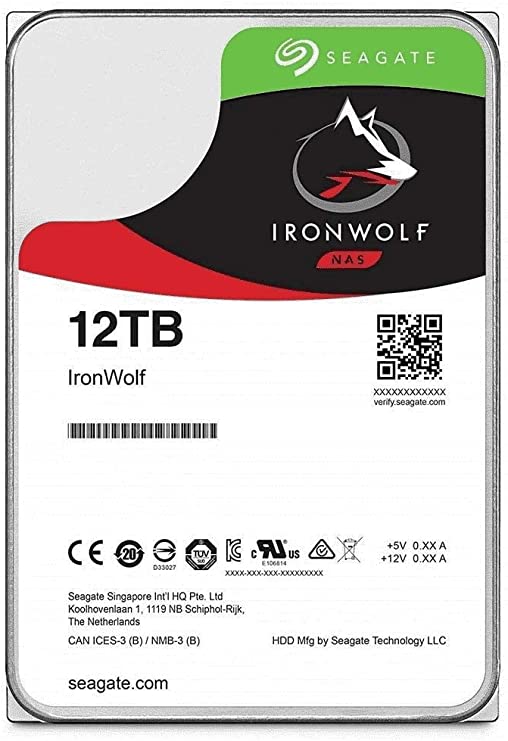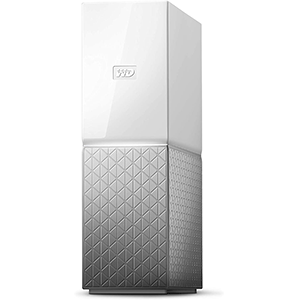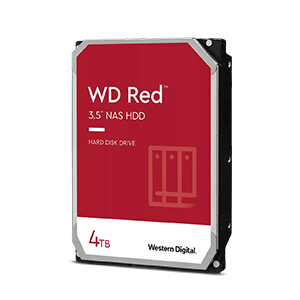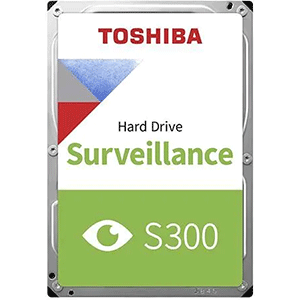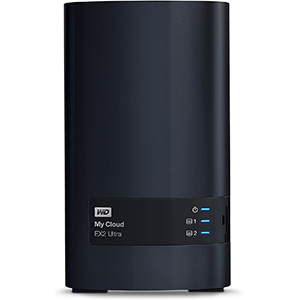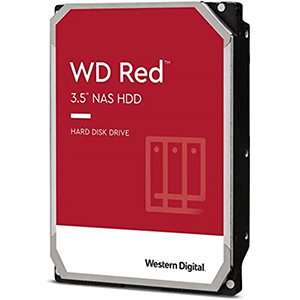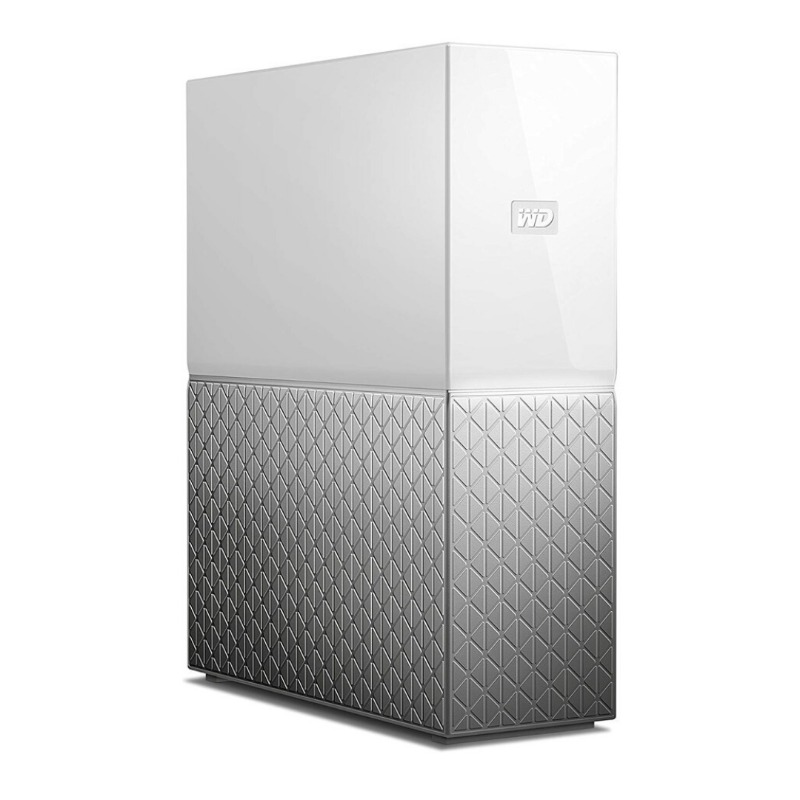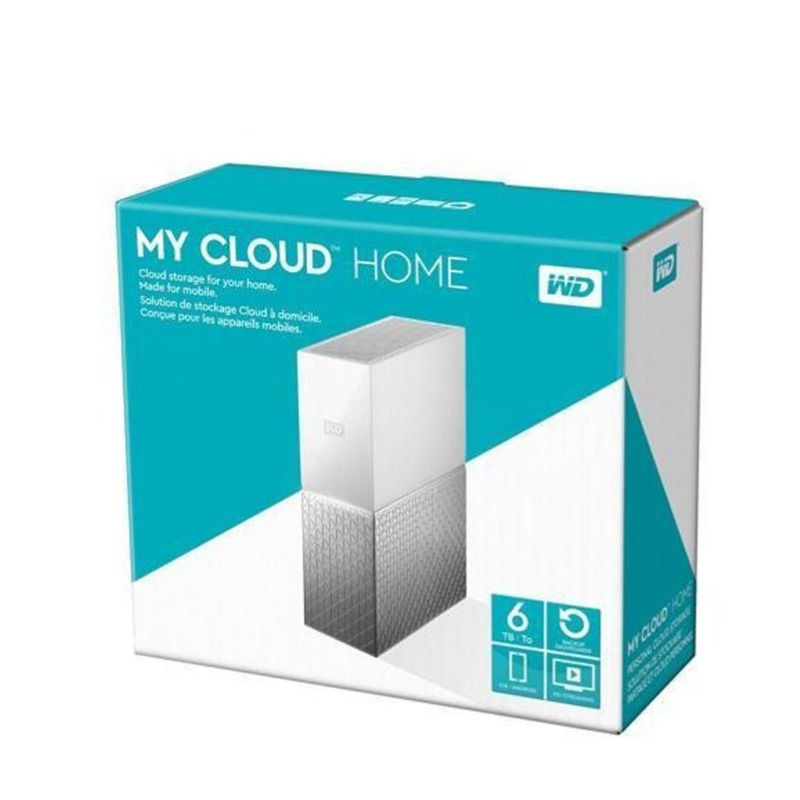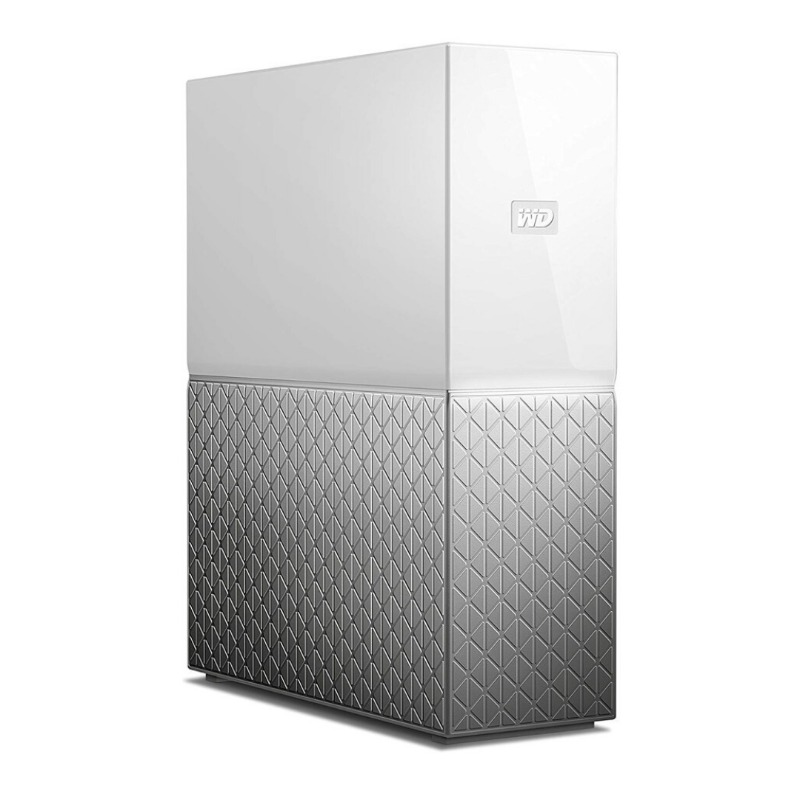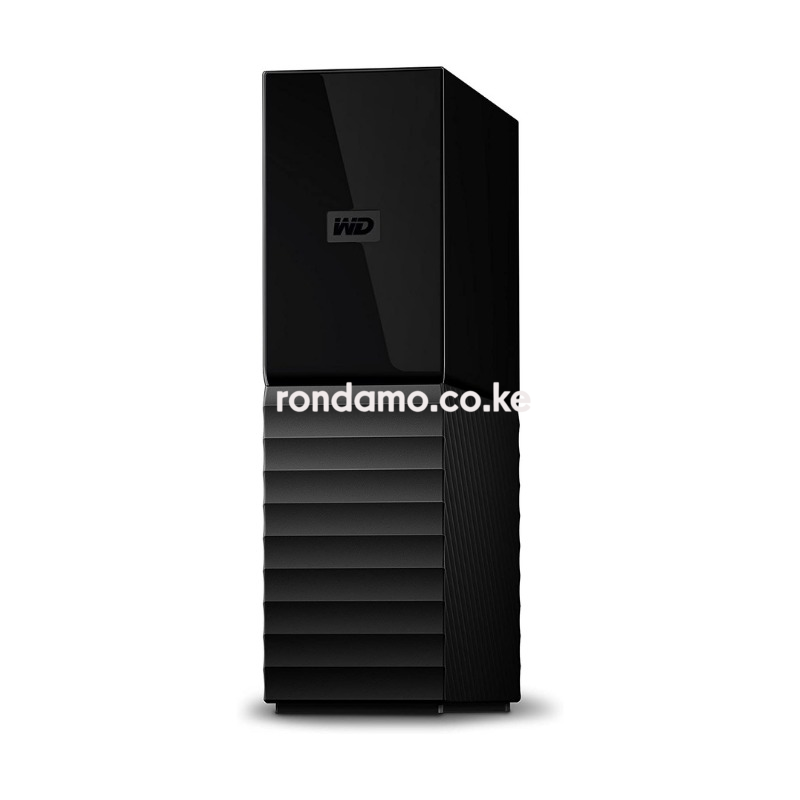Overview of NAS
Network Attached Storage (NAS) is a dedicated file storage device that connects to a network, allowing multiple users and devices to access and share data. NAS systems are designed to provide centralized data management, easy file sharing, and robust data protection, making them ideal for both home and business environments.
Key Features
Centralized Storage
NAS serves as a centralized hub for storing files, making it easier for users to access shared data from various devices, including computers, smartphones, and tablets.
Multiple Drive Bays
Many NAS systems come with multiple drive bays, allowing users to install multiple hard drives for increased storage capacity and redundancy through RAID configurations.
Remote Access
Most NAS devices offer remote access capabilities, enabling users to access files from anywhere via the internet, enhancing flexibility and convenience.
Data Protection
NAS systems often include backup solutions, snapshot technology, and RAID support to protect against data loss, ensuring that critical information is secure.
Media Streaming
Many NAS devices support multimedia streaming, allowing users to stream videos, music, and photos to compatible devices like smart TVs, gaming consoles, and mobile devices.
Types of NAS
Home NAS
- Overview: Designed for personal use, typically with 1 to 4 drive bays.
- Use Case: Ideal for media storage, file sharing, and basic backup needs.
Small Business NAS
Overview: More robust systems with multiple drive bays and enhanced features for small business environments.
Use Case: Suitable for collaborative work, data backup, and file sharing among team members.
Enterprise NAS
- Overview: High-capacity, high-performance NAS designed for large organizations with advanced features.
- Use Case: Used for large-scale data storage, virtualization, and mission-critical applications.
Popular Brands
Synology
Known for its user-friendly interface and powerful features, Synology offers a range of NAS solutions suitable for home and business use.
QNAP
QNAP provides versatile NAS systems with advanced multimedia capabilities and extensive app support, catering to various user needs.
Western Digital (WD)
WD’s My Cloud series offers simple, reliable NAS solutions for personal use and small businesses, focusing on easy file access and backup.
Asustor
Asustor offers NAS devices with strong multimedia features, ideal for home entertainment and personal cloud storage.
Tips for Choosing a NAS
When selecting a NAS, consider:
- Storage Capacity: Determine how much storage you need based on your data usage and future growth.
- Performance: Look for specifications such as processor type and RAM to ensure the NAS can handle your workload.
- RAID Support: Choose a NAS with RAID capabilities for data redundancy and improved performance.
- Ease of Use: Consider user interface and management features, especially if you are not tech-savvy.
Maintenance and Care
To ensure your NAS operates effectively:
- Regular Backups: Implement a backup strategy to protect against data loss.
- Software Updates: Keep the NAS firmware and applications updated to enhance security and performance.
- Monitor Drive Health: Use built-in tools to check the health of the drives and replace them as needed.
Conclusion
Network Attached Storage (NAS) is an essential solution for centralized data management, file sharing, and backup. By understanding the features, types, and considerations for selecting the right NAS, you can enhance your data storage capabilities, whether for personal use, small businesses, or enterprise applications. Investing in a quality NAS system provides security, accessibility, and peace of mind for your important data.
Network Attached Storage (NAS)
The Ultimate Guide to Network Attached Storage (NAS): Efficient Data Management Solutions
In an era where data is the backbone of personal and business operations, having a reliable and efficient storage solution is essential. Network Attached Storage (NAS) systems have emerged as a popular choice for those looking to streamline their data management processes. At Rondamo Technologies, we explore the benefits of NAS and how it can enhance your storage strategy.
What is Network Attached Storage (NAS)?
Definition and Functionality
Network Attached Storage (NAS) is a dedicated file storage device that connects to a network, allowing multiple users and devices to access and share data seamlessly. Unlike traditional storage solutions, NAS systems are designed to handle simultaneous connections, making them ideal for both personal and professional environments.
How NAS Works
A NAS device connects to your local network via Ethernet, allowing users to access files through various devices, including computers, smartphones, and tablets. It typically comes with its own operating system and offers a user-friendly interface for managing files and settings.
Benefits of Using NAS
Centralized Storage Solution
One of the primary advantages of NAS is centralized storage. With all your data stored in one location, managing and accessing files becomes much more straightforward. Users can quickly find and share files, eliminating the need to search through multiple devices.
Enhanced Data Redundancy
Data loss can be catastrophic, especially for businesses. Many NAS systems support RAID (Redundant Array of Independent Disks) configurations, which provide redundancy. In the event of a drive failure, your data remains safe, ensuring continuous access and peace of mind.
Remote Access Capabilities
NAS devices enable users to access their files from anywhere with an internet connection. This feature is particularly beneficial for remote workers or those who need to access important files while on the go. Many NAS systems offer mobile apps for easy file access and management.
Key Features of NAS Systems
Scalability
As your data storage needs grow, so can your NAS system. Most NAS devices allow for easy scalability, enabling users to add additional drives without significant hassle. This flexibility makes NAS an ideal long-term solution for growing data needs.
User Management and Security
NAS systems offer robust user management features, allowing administrators to control access levels for different users. This ensures that sensitive data is protected and only accessible to authorized individuals.
Automated Backup Solutions
Many NAS devices come with built-in backup solutions that automate the process of backing up important files. This feature helps prevent data loss and ensures that your information is always secure.
Choosing the Right NAS for Your Needs
Assess Your Storage Requirements
Before purchasing a NAS device, assess your storage needs. Consider the amount of data you need to store, as well as future growth. Choose a NAS system that offers enough capacity to accommodate your current and anticipated needs.
Consider Performance Specifications
Look for NAS devices with adequate processing power and RAM to handle your workload. If you plan to use your NAS for tasks like video editing or running applications, ensure that it has the necessary specifications to support these activities.
Evaluate Connectivity Options
Check the connectivity options of the NAS device. Gigabit Ethernet ports are essential for fast data transfer speeds, especially in multi-user environments. Some models may also offer additional ports for USB devices or even HDMI outputs.
Best Practices for Using NAS
Regular Firmware Updates
Keep your NAS system updated with the latest firmware. Updates often include security patches and performance enhancements that can improve your device's functionality.
Monitor Storage Usage
Regularly monitor your NAS storage usage to ensure you’re not running out of space. Many NAS systems provide tools to help you manage and track your storage effectively.
Implement a Backup Strategy
While NAS systems offer redundancy, it’s still crucial to implement an additional backup strategy. Consider backing up your NAS data to an external drive or cloud service for added protection.
Conclusion
Network Attached Storage (NAS) systems provide an efficient and reliable solution for managing your data. With centralized storage, enhanced data redundancy, and remote access capabilities, NAS devices have become an essential component of modern data management strategies.
At Rondamo Technologies, we offer a wide range of NAS solutions tailored to meet your specific needs. Contact us today for expert guidance in selecting the ideal NAS system for your home or business and take your data management to the next level!

